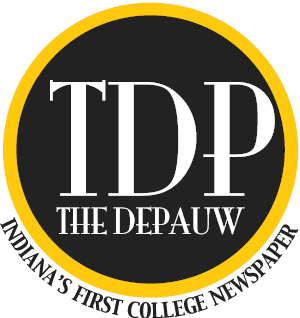
The Strategic Planning Committee (SPC) is taking measures to address DePauw University’s financial security in the midst of concerns about the university’s future.
The past semester saw many concerns about the financial model of DePauw. DePauw increased tuition by 2.9 percent, asked departments to cut overhead spending and implemented changes to employee healthcare that led to discontentment among students, staff and faculty with DePauw’s administration. This discontent became evident when 83 members of the faculty voted having no confidence in university President Mark McCoy.
“Ultimately, the ways that [DePauw’s finances] will be addressed will come from the board of trustees and the president, but...we want to be able to make sure that DePauw continues to exist 10, 20, 30, 100 years from now,” said Jeanette Pope, the head of the committee.
The SPC is a committee consisting of both faculty and administrators who look at DePauw’s revenue, expense stream and the long-term effects of many policies. Though the SPC has been active since the 2015-16 academic year when former President Brian Casey established it, its purpose has since been revised several times. A proposal to better define the committee was passed at the Feb. 4 faculty meeting.
The SPC does not plan goals for the various departments it can advise, says Pope. She sees a role for the SPC in DePauw’s future because of the committee’s wide scope and focus on long-term financial strategy in addition to year-by-year budgeting.
“Right now, most of the business has been focused on the faculty job description,” says Pope. Some of that business included examining faculty sabbaticals weighing their costs and benefits. “This fall was really (about) looking at the sustainability of (DePauw’s) financial model,” Pope said.
Currently, the SPC is made up of 12 members and consists of both administration and faculty. Pope also wants Bob Leonard, vice president for finance and administration, to be involved with the committee. “Most of what we’ve talked about has financial implications,” said Pope. “So not having that person directly involved in the process means that everything is talk. We can't actually get into what the implications would be."
Pope feels that the SPC is not doing as much as it could, citing that shared governance, an overarching goal of the SPC, among faculty, staff and students is difficult to allocate. “It’s hard to bring such different scales to the same table in different ways.”
One way that Pope suggested students could be more involved is by having DePauw Student Government ask the SPC to look into a particular issue. The committee can then decide to seek further action.
